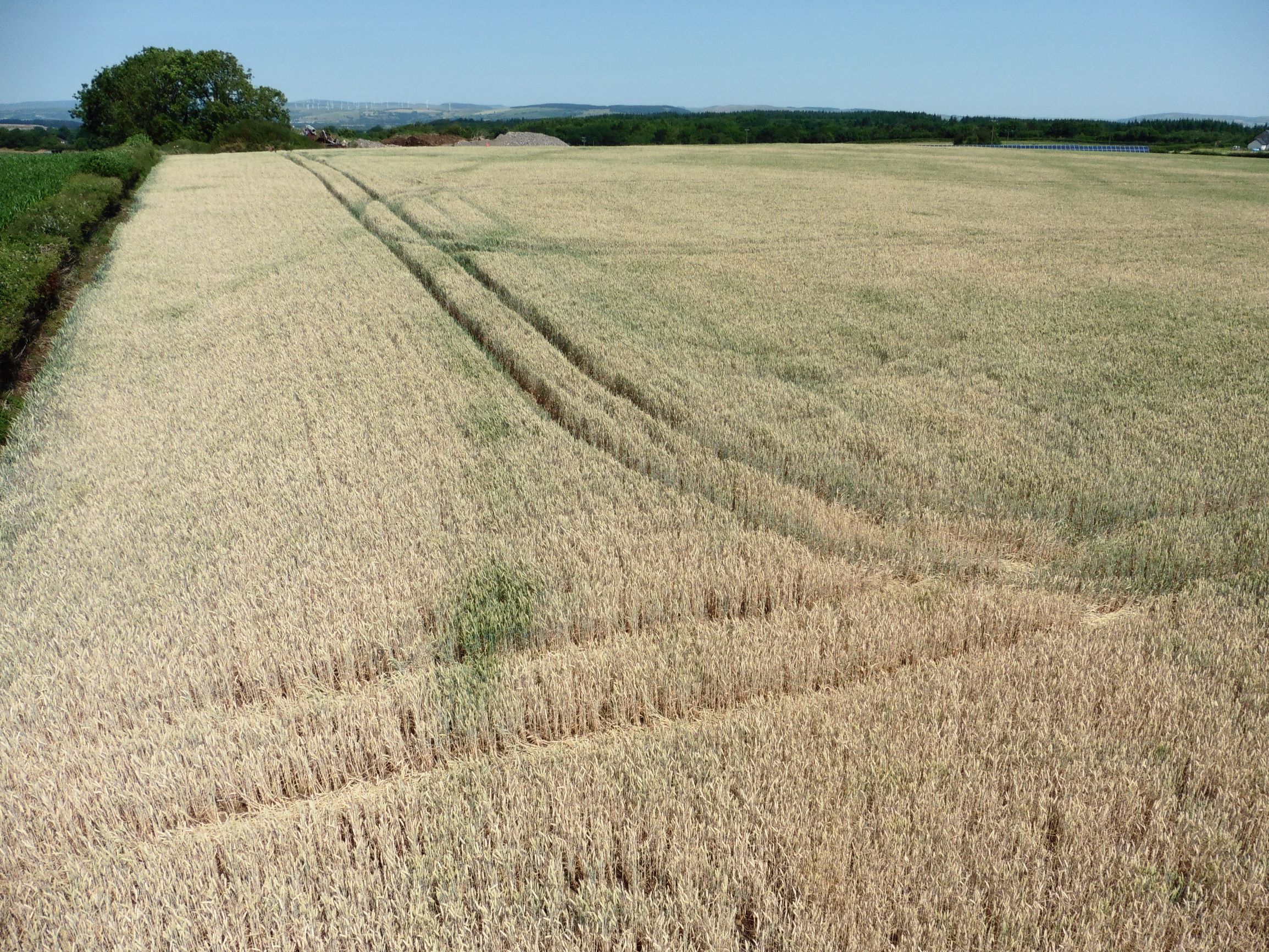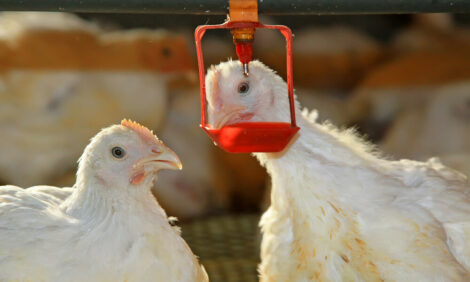



"Wither away and die:" US Pacific Northwest heat wave bakes wheat, fruit crops
An unprecedented heat wave and ongoing drought in the US Pacific Northwest is damaging white wheat coveted by Asian buyers and forcing fruit farm workers to harvest in the middle of the night to salvage crops and avoid deadly heat.Reuters reports that the extreme weather is another blow to farmers who have struggled with labor shortages and higher transportation costs during the pandemic and may further fuel global food inflation.


Cordell Kress, who farms in southeastern Idaho, expects his winter white wheat to produce about half as many bushels per acre as it does in a normal year when he begins to harvest next week, and he has already destroyed some of his withered canola and safflower oilseed crops.
The Pacific Northwest is the only part of the United States that grows soft white wheat used to make sponge cakes and noodles, and farmers were hoping to capitalize on high grain prices. Other countries including Australia and Canada grow white wheat, but the US variety is especially prized by Asian buyers.
"The general mood among farmers in my area is as dire as I've ever seen it," Kress said. "Something about a drought like this just wears on you. You see your blood, sweat and tears just slowly wither away and die."
US exports of white wheat in the marketing year that ended 31 May reached a 40-year high of 265 million bushels, driven by unprecedented demand from China.
But farmers may not have as much to sell this year.
"The Washington wheat crop is in pretty rough shape right now," said Clark Neely, a Washington State University agronomist. The US Agriculture Department this week rated 68% of the state's spring wheat and 36% of its winter wheat in poor or very poor condition. A year ago, just 2% of the state's winter wheat and 6% of its spring wheat were rated poor to very poor.
On top of the expected yield losses, grain buyers worry about quality. Flour millers turn to Pacific Northwest soft white wheat for its low protein content, which is well-suited for pastries and crackers.
But the drought is shriveling wheat kernels and raising protein levels, making the some of the crop less valuable. "The protein is so high that you can't use (it) for anything but cattle feed," Kress said.
Low-protein "soft" wheats have lower gluten content than the "hard" wheats used for bread, producing a less-stretchy dough for delicate cakes and crackers.
The Washington State Agriculture Department said it was still too early to estimate lost revenue from crop damage.
The heat peaked in late June, in the thick of the harvest of cherries. Temperatures reached 118 degrees Fahrenheit (48 Celsius) on 28 June at The Dalles, Oregon, along the Washington border, near the heart of cherry country.
Scientists have said the suffocating heat that killed hundreds of people would have been "virtually impossible" without climate change and such events could become more common.










